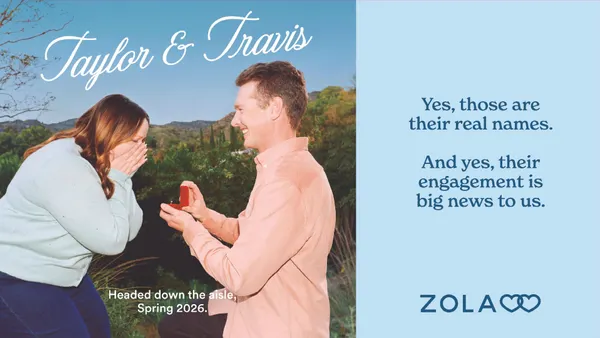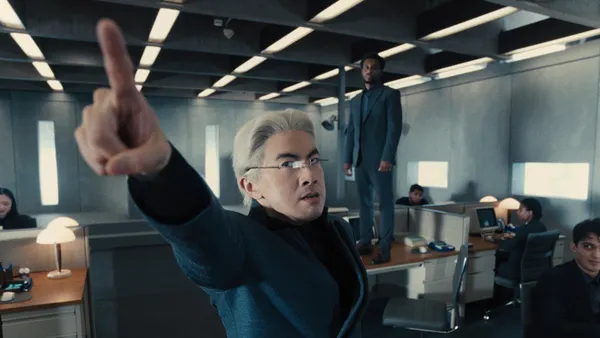Brief:
- Bud Light is giving soccer fans in Las Vegas a chance to virtually experience a game 1,500 miles away with immersive technology, according to an announcement shared with Mobile Marketer. The beer brand procured four seats from Mexico City's famed Estadio Azteca, the only stadium in the world to host two FIFA World Cup finals, for fans to sit in while they wear a VR headset to watch a live game.
- The four "Seats of Glory" will be featured at Beerhaus, a beer hall on the Las Vegas Strip, for tonight's Liga MX playoff match between Club América and Cruz Azul. Every fan over age 21 who visits the bar can watch part of the game in VR.
- Wieden+Kennedy, 3PM Agency and Bud Light parent company AB Inbev developed the VR activation in partnership with Liga MX.
Insight:
Bud Light's VR experience at Beerhaus will add to the entertainment value of going out to watch tonight's game with friends and other fans of Club América or Cruz Azul. By letting multiple fans try out the VR headsets in a social setting like a bar, the experience will be less isolating than viewing from home while also exposing consumers to immersive content and the technology that powers it.
The solitary nature of VR viewing is contrary to the communal nature of experiencing most live sports events, one reason that has limited its adoption so far along with headsets' steep price tag. VR studios have either closed down or cut staff in the past couple of years as the audience for VR entertainment hasn't yet boomed as expected. NextVR, a studio that specializes in live VR events including sports, cut 40% of its staff this year but still showcases a schedule of live VR events on its website. Venture capital funding in VR and augmented reality (AR) startups fell 46% in 2018 from a year earlier to $809.9 million, according to a PwC report.
VR may become more communal as headset sales grow and expand the audience for immersive experiences. This year's live concert by DJ Marshmello in Epic Games' "Fortnite" didn't require a VR headset to attend, but it did demonstrate that millions of people are interested in attending virtual events like Bud Light's soccer match activation.
Meanwhile, tech giants have adopted different strategies on VR development. Facebook is working to build out the VR audience with its latest generation of Oculus headsets, while Google doesn't plan to release new Daydream hardware this year. Instead, the search giant is focused on research and development, including the release of new VR apps and hosting VR videos on YouTube, per CNet.












